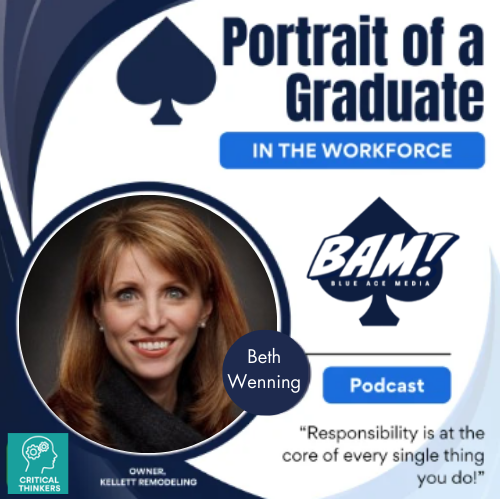Letter to the editor: The failure of education
January 30, 2023
Traditional grading practices need to end. Teens are approaching the start of their lives filled with anxiety and doubt. Schools force students to have standards for themselves that are too high to achieve. Students will cry and fall apart at the thought of getting a B. It is clear that they can not keep up with this style of learning.
Harsh grading and teaching strategies cause continuing stress in teens. . Students worry about one test after another, and quizzes, midterms, and finals repeat in a vicious, never-ending cycle. Some stress is fine, even beneficial, but the prolonged stress students go through causes a variety of problems. Stress kills.
Students have a heavy course load to worry about and stress over. Almost every class gives daily homework and projects. In addition, students must endure the weight of testing. Have you ever noticed how teens tend to get sick before exams? They are not avoiding work; the stress makes them sick. David Myers, professor of psychology, claims “A momentary stress can mobilize the immune system for fending off infections and healing wounds” Short and intense stress, such as experienced before a big test, can weaken the immune system, causing many students to fall ill. Students may be absent and miss more school, causing more stress. More often than not, students show up to school sick to take that test, but end up not performing their best.
Of course, there will be students who perform exceptionally well under stress, but they are the minority. As Thoreau observed, “If a man does not keep pace with his companions, perhaps it is because he hears a different drummer”. Some people thrive in situations that debilitate others. Stress can cause complete exhaustion in some people, yet motivate others. People are different. They react differently to life events, and students are, a fact sometimes forgotten, people.
The intense stress that high-stakes testing causes is not only limited to students; teachers struggle as well. Most students remember hearing their teachers voice concerns about the number of tests they have to grade or the deadlines they have to make. Plenty of teachers fully create their own tests and questions and have to spend long amounts of time poring over the responses, trying to grade efficiently. Stress can be a motivator in helping teachers get their work done, but too much stress spanning over years of their teaching careers actually shortens their lives, similarly to the students taking them.
Traditional grading and teaching practices are slowly chipping away at the lives of everybody in the realm of education. According to David Myers, a psychology professor, stress causes the “shortening of telomeres, pieces of DNA at the ends of chromosomes.” This eventually causes telomeres to, “get too short, the cell can no longer divide and it ultimately dies”. When cells die, this causes people to age. Since stress is causing cell death, it is aging people quickly. This is what is happening to students and teachers worldwide. While the effects may not be immediate or noticeable, science backs the fact that the stress faced every day in school kills.
Here’s what we should do: move towards a new way of grading called “labor grading”. This new method is already being used in colleges such as Denison, DePauw, and John Hopkins and has had a positive impact on students. Instead of students being graded for correctness on their assignments, tests, and papers they are given acceptable or “revise and submit”. Students are still given back these assignments but the focus is not on the grade itself but on the feedback. This technique is also known as “mastery” in STEM disciplines where students are graded at the end of the term on how many skills they master and aids students in retaining the info better than testing does.
As Walt Whitman learned in “When I Heard the Learn’d Astronomer”, learning is better if it is based on experience rather than traditional teaching and lectures. Learning through getting feedback and experience is much more relaxed and effective for students and teachers because it is more conducive to life. When working a job people will not give you tests but feedback to improve. This does not mean that tests should never be used, but in many cases, it would be more beneficial to learn differently.
Blue Ace Media welcomes feedback in the form of Letters to the Editor. To submit your feedback, please email your full name and your letter of around 300 words in length to ghsblueprints@gmail.com. Letters are subject to discretion and editing, for length, taste and libel.









































